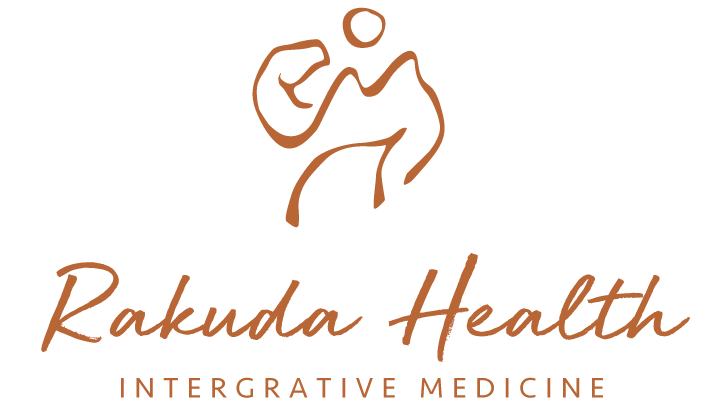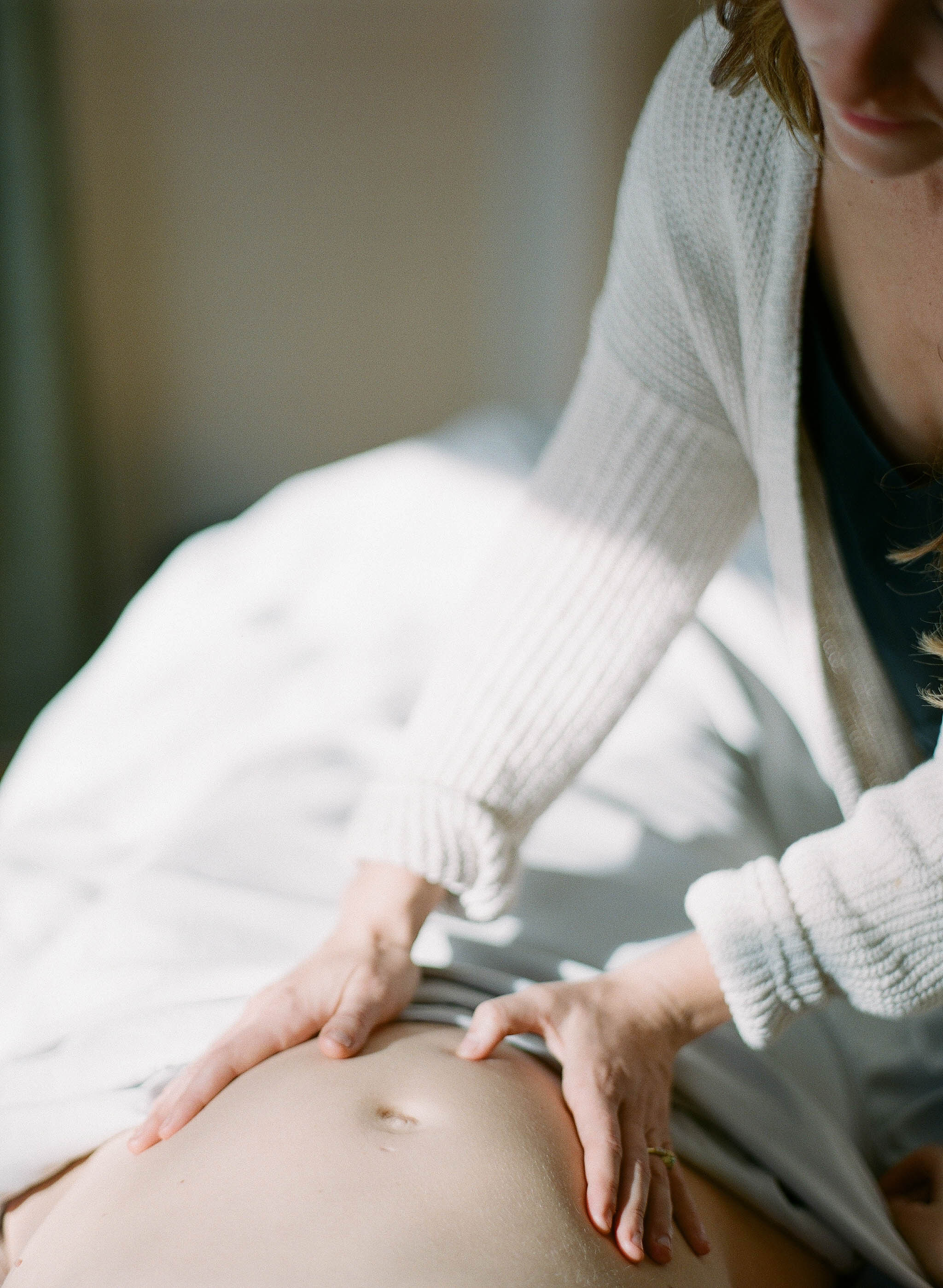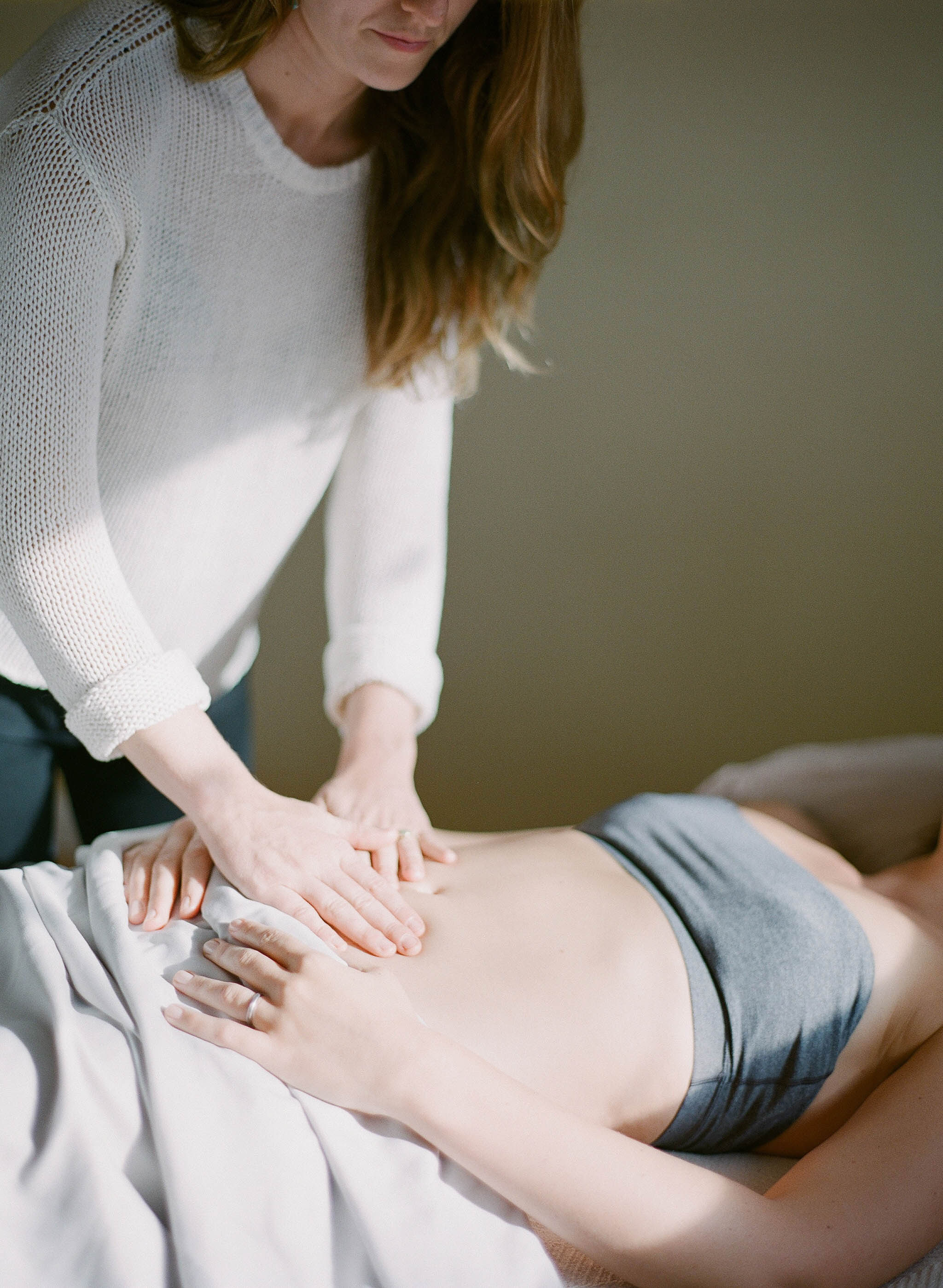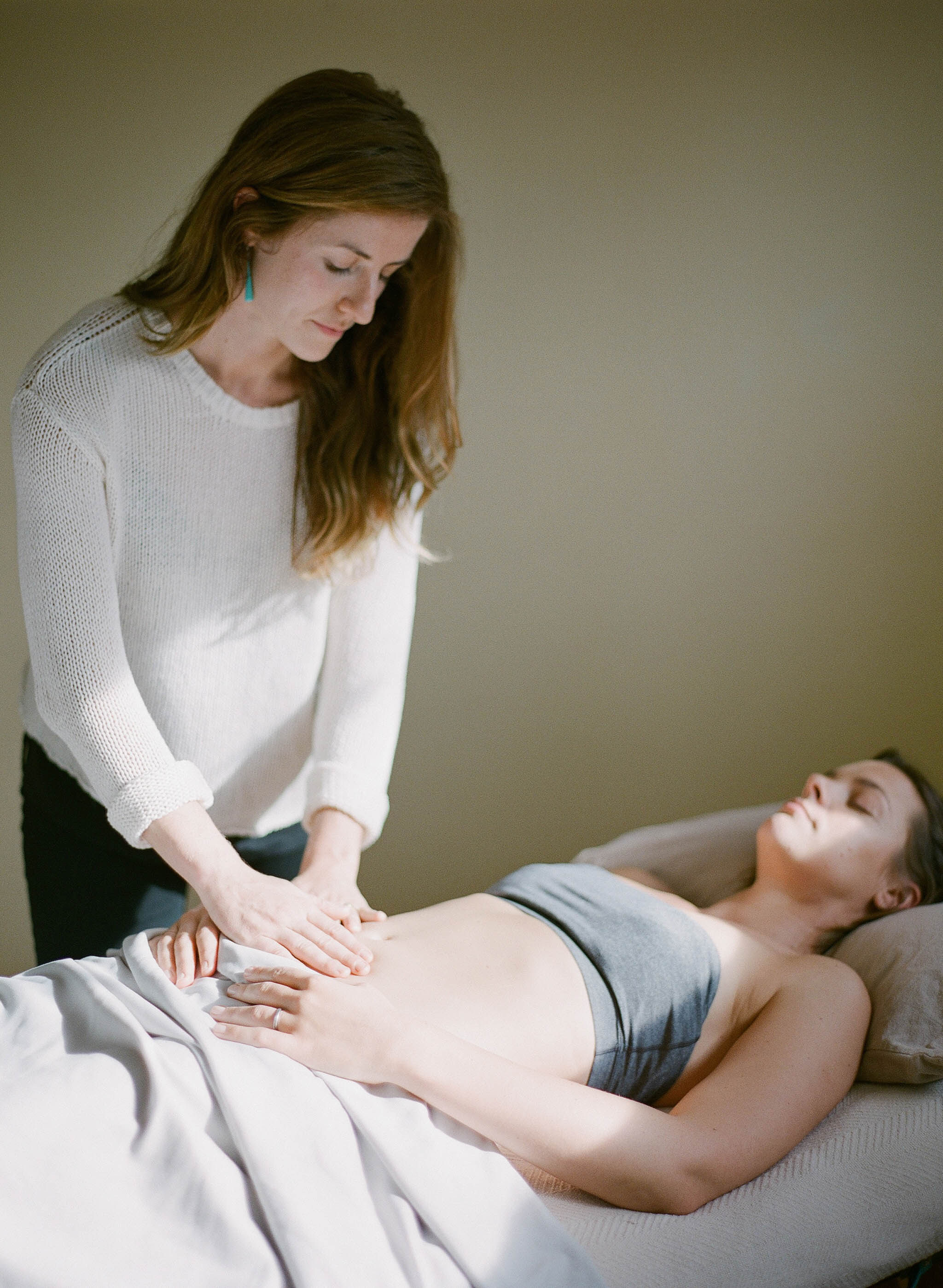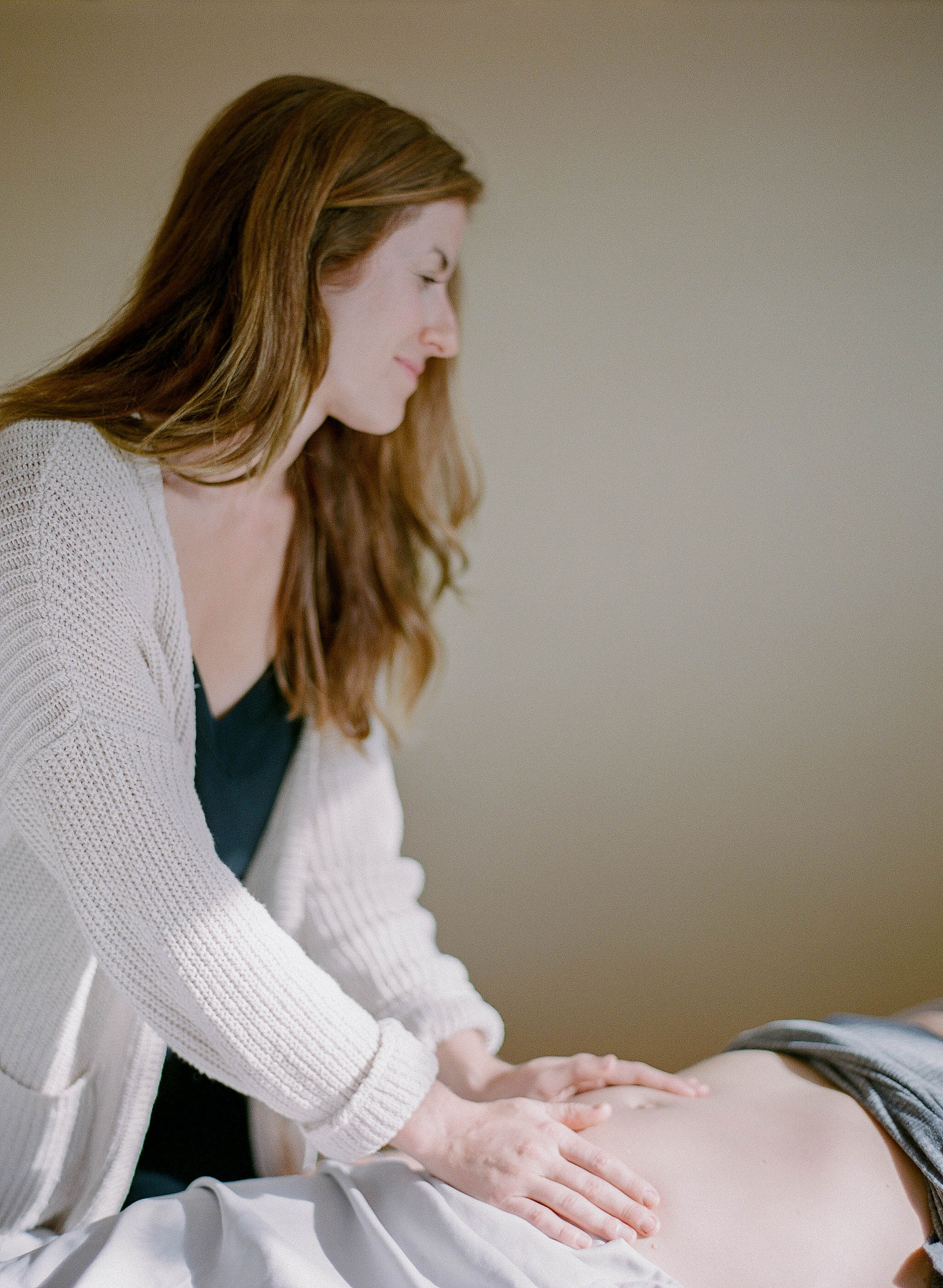
In Our Clinic
Rakuda Health is an integrated medicine practice; which means we combine eastern modalities with the tools of modern lab testing. Eastern healing modalities are used along with nutrition counseling, supplementation, lab testing, and mind-body techniques; to create a whole body approach to health.
East Asian Medicine includes a variety of modalities that stem from traditions other then Western allopathic medical practices.
Countries of origin include (but are not limited to): China, Japan, Tibet, India and Korea. Many of these cultures developed unique medical systems over hundreds and sometimes thousands of years. Traditional Chinese Medicine is a complex and complete system that includes: internal medicine (herbs, nutrition), external (acupuncture, tui-na, moxibustion), and mind-body (qi-gong).
It is important to remember that when seeing a practitioner for a modality such as acupuncture; you are being treated within a whole medical system that includes many practices. Thus, successful and efficacious treatment often depends upon lifestyle changes that go beyond the time spent in a practitioners office space.
Most Eastern medical traditions are whole-body based and rarely offer quick-fix solutions; rather, they promote a shift in mind, body, and soul to foster growth in the optimal health of each individual.
Acupuncture
Acupuncture is one modality used in Traditional Chinese Medicine; it has been practiced in China for thousands of years, and was introduced to the United States in the 1970's. Acupuncture is a technique in which single use filiform needles penetrate the skin at specific points around the body, in order to treat a variety of disorders. The needles themselves are extremely thin, and many patients are surprised at how little sensation they feel during a treatment. Acupuncture is often accompanied by the modalities of moxibustion (burning of dried mugwort) and cupping (suction created in muscle tissues).
I practice both Chinese and Japanese styles of acupuncture. The Japanese style is very gentle and nourishing. Acupuncture is now widely practiced around the world. It has a multitude of diverse benefits and is being used to treat some (but not limited to) the following health concerns:
Women’s Reproductive Health:
Fertility
Hormone imbalances
Painful Periods
PCOS/Endometriosis
Pre and Postpartum care
Digestive Disorders
IBS
Crohns
Constipation
Abdominal Pain
Pain Management
Allergies/Asthma
Autoimmune Disease
Anxiety/Depression
Stress
Endocrine Disorders
Insomnia & Sleep Disorders
Cupping
Cupping is a technique used to improve circulation, break up scar tissue, release fascial adhesions, and relieve muscle tension. Using sterile glass or silicone cups we create a suction that helps the tissue to soften and relax.
Herbal Medicine
Herbal medicine has been used by cultures around the world for thousands of years. There are many traditions of herbal medicine, with a wide variety of application and technique.
In Chinese medicine, herbs address the internal manifestation of disease and pathology. Most people find herbal therapy to be an efficacious complement to acupuncture.
I have studied and practice from three traditions of herbal medicine. From Central America, I have studied the herbs of the Mayan culture in Belize, passed down orally for generations. I am also a certified western herbalist. Finally, I have studied extensively the Chinese materia medica, and regularly use these formulas in my practice.
I care deeply about the sustainability of herbal traditions and our environment. I try to source from the highest quality herbs available. I also believe herbal medicine is people's medicine, and should be accessible to all who are interested in learning and utilizing this medicine.
“It was really empowering to have a healthcare provider help me take my health into my own hands. We need more healthcare like this! Aria is fantastic.”

Arvigo Abdominal Massage
The Arvigo Techniques of Maya Abdominal Therapy® are founded on an ancient Maya technique of ABDOMINAL MASSAGE. This technique is performed externally by gently guiding and supporting organs back into their optimal position, allowing for improved functioning for optimal health and wellness.
Arvigo Therapy is best known for addressing misalignment or congestion in the reproductive organs of both men and women, as well as many common digestive disorders. The techniques effectively alleviate tissue congestion and organ constriction to improve the vital flows of energy, blood, lymph and nerves in the abdomen. It addresses and can release emotional and energetic tension from the abdomen. This assists to prevent the progression of chronic disease symptoms while improving the body’s ability to SELF REPAIR AND BALANCE.
What to Expect During a Session
Comprehensive review of your past and present healthcare needs focusing on reproductive and digestive health
Upper and lower abdominal massage to help:
Align reproductive and abdominal organs to optimal position
Improve circulation to organs
Promote vital flow to support the body’s inherent healing capacity
Evaluation of and application of bodywork to improve alignment of spine
Instruction in self-care massage to enhance your professional session.
**Recommendations of complementary modalities to support your health and wellness that may include:
Faja: a traditional wrap to support the lower abdomen
Pelvic Steam Baths
Castor oil packs
Nutritional and herbal support
Your practitioner will work with you to address your specific needs. Typically, 2-3 professional sessions (at a minimum) are required to address most conditions. Clients who perform their self-care massage on a routine basis report an improvement in their symptoms.
For Everyone
(infancy to elderly)
Digestive disorders (Crohn’s, Irritable Bowel Syndrome, Gastroesophageal Reflux Disease, Gastritis, Constipation, Indigestion, etc.)
Muscular Tension
Urinary System (incontinence, frequent urinary infections, etc.)
Varicose Veins
Fertility Enhancement
Post Surgical (scar tissue, recovery, etc.)
For Women
Menstrual Disorders (painful irregular periods)
Pre-Conception through Postpartum
Discomforts of Pregnancy; Birth Preparation
C-section/hysterectomy Surgery Recovery
Menopause
Pelvic Organ Congestion (endometriosis, cysts, fibroids)
Polycystic Ovarian Syndrome
Chronic Bladder/Yeast Infections
Pelvic Organ Prolapse
